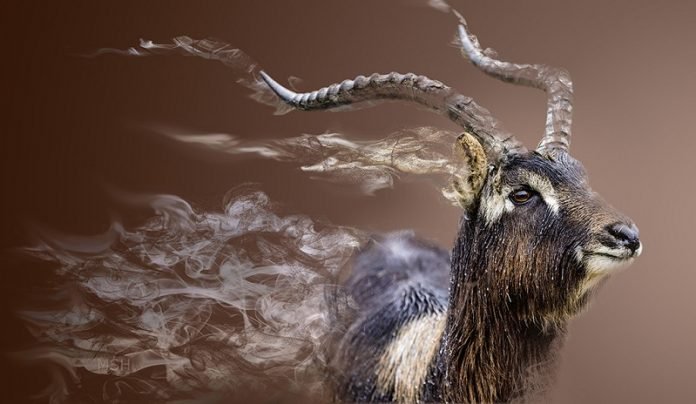
In a new study, researchers found that by 2070, about 1,700 species of amphibians, birds, and mammals may be at greater extinction risk due to humans influences.
This is because humans keep expanding the use of land across the planet, which leave other animal species little ground to live.
The research was conducted by ecologists from Yale University.
In the current study, the team examined information about the current geographic distributions of about 19,400 species worldwide.
They also examined the changes to the land due to human activities predicted by other scientists.
The predictions showed future developments in global society, demographics, and economics.
This analysis showed how political and economic decisions may cause habitat range declines.
They found moderate land changes due to human activity were linked to higher extinction risk in about 1,700 animal species over the next 50 years.
The animal species include 886 species of amphibians, 436 species of birds, and 376 species of mammals.
These animal species may lose about 30-50% of their present habitat ranges by 2070.
Some animals are at very high risk of extinction because they may lose half of their present habitat range.
These include the Nile lechwe (South Sudan), Lombok cross frog (Indonesia), the curve-billed reedhaunter (Argentina, Brazil, Uruguay), and the pale-browed treehunter (Brazil).
The team also found that animals in Central and East Africa, Mesoamerica, South America, and Southeast Asia may lose more habitat ranges and have a higher risk of extinction.
It is not correct to assume that the losses are only the problem of the local countries.
The team suggests that animal species extinction can irreversibly damage ecosystems and decrease the human quality of life.
It will have very huge consequences for human livelihood globally.
It is important to think in the long run and find a balance between human development and animal protection.
One author of the study is Walter Jetz, professor of ecology and evolutionary biology and of forestry and environmental studies at Yale.
The study is published in Nature Climate Change.
Copyright © 2019 Knowridge Science Report. All rights reserved.



